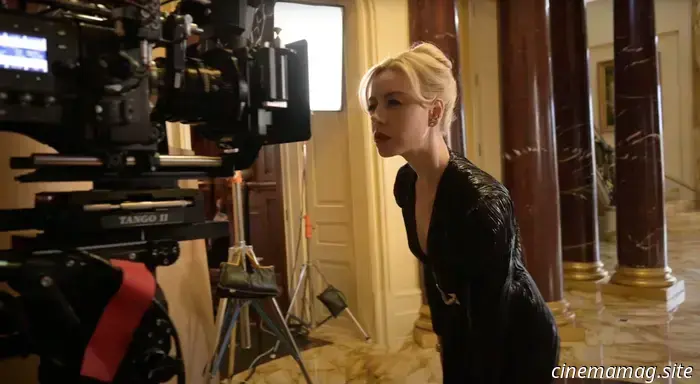
The trailer for Mike Figgis' MEGADOC delves into the turbulent development of Francis Ford Coppola's Megalopolis.
Few recent films satisfy like MEGADOC. Regardless of the cinematic quality of Mike Figgis’ documentary––considering the poorly designed title cards with noticeable typos, the lackluster music, and possibly insufficient focus on interviewee George Lucas while completely omitting Spike Lee––providing a now-rare behind-the-scenes glimpse into one of the more intriguing films in recent history (something I both appreciated and struggle to defend against common critiques) left me feeling quite indulgent. This feature-length exploration of Francis Ford Coppola’s Megalopolis––covering around 2001 table reads with Robert De Niro and Uma Thurman, early rehearsals with the eventual cast, the director’s efforts (and often struggles) to realize his vision, and its eventual premiere at Cannes––is set to release on September 19 through Utopia, who have just launched the first trailer.
As David Katz mentioned in our review from Venice, “With stronger connections to Apocalypse Now in its self-financed origins than in his studio-supported successes (which extended to Bram Stoker’s Dracula in the early ‘90s), it was clear that a documentary capturing the on-site events needed to be created. Enter Mike Figgis, familiar with offbeat, independent work and Hollywood comeback tales. While viewing MEGADOC, the 107-minute feature making its debut this week at the Venice Film Festival, we ponder what Figgis might have been restricted from showing. Nonetheless, his project is essential to comprehending what Megalopolis represents and what hindered it, and perhaps, that greatness was not its fate.”
Check out the preview:
Other articles
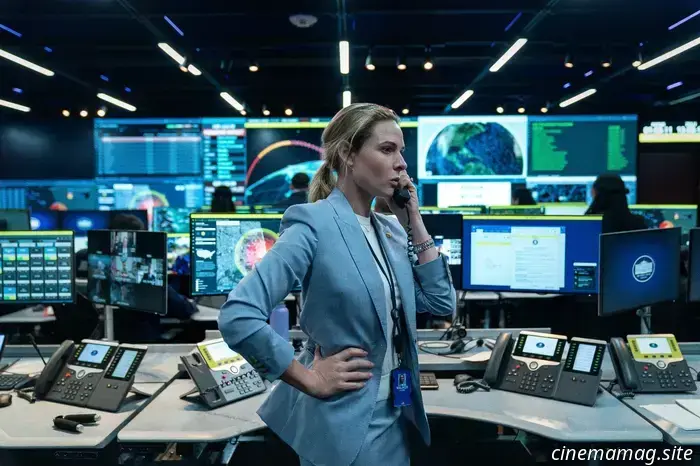 Venice Review: Kathryn Bigelow's A House of Dynamite is a Relentlessly Effective Thriller
If human life were to effectively cease tomorrow, would it be a result of a) the rash actions of a military leader, b) the poor accuracy of even the most advanced interceptor missiles, or c) a combination of various dire situations? These are among the possibilities being evaluated in A House.
Venice Review: Kathryn Bigelow's A House of Dynamite is a Relentlessly Effective Thriller
If human life were to effectively cease tomorrow, would it be a result of a) the rash actions of a military leader, b) the poor accuracy of even the most advanced interceptor missiles, or c) a combination of various dire situations? These are among the possibilities being evaluated in A House.
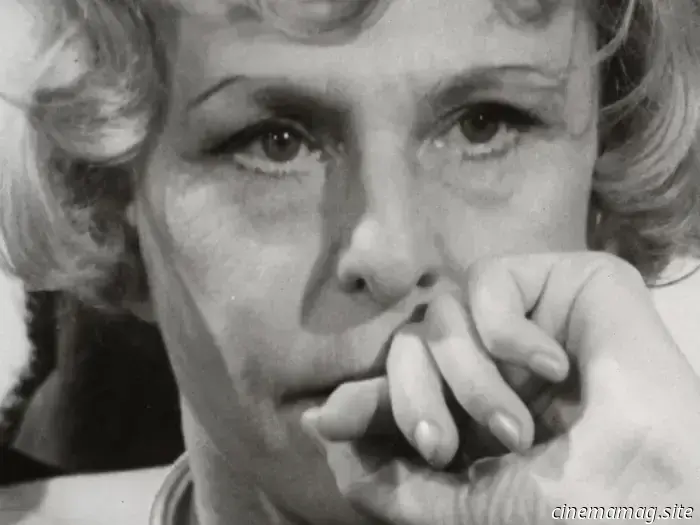 Riefenstahl Review: An Artist's Depiction as a Nazi Collaborator
It is intriguing what the human mind can rationalize. "Riefenstahl," a documentary by Andres Veiel, delves into the justifications that filmmaker Leni Riefenstahl used to account for her partnerships with the Nazi Party in Germany while they were in power. She maintained these justifications until her death at the age of 101.
Riefenstahl Review: An Artist's Depiction as a Nazi Collaborator
It is intriguing what the human mind can rationalize. "Riefenstahl," a documentary by Andres Veiel, delves into the justifications that filmmaker Leni Riefenstahl used to account for her partnerships with the Nazi Party in Germany while they were in power. She maintained these justifications until her death at the age of 101.
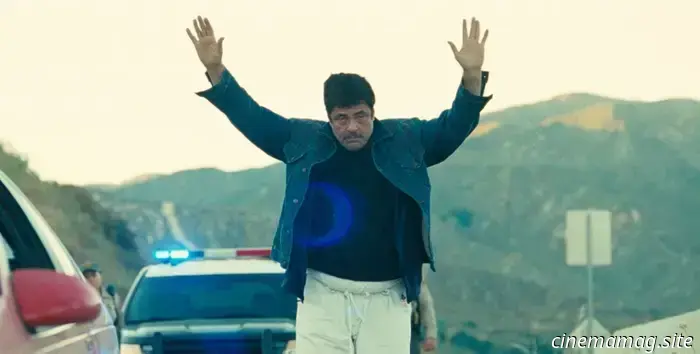 13 Movies to Watch in September
By reviewing our 50-title fall movie preview, you shouldn't encounter many unexpected choices when deciding what to watch in September. However, with our most highly anticipated film of the year releasing this month, alongside some early fall treasures, there is plenty to be excited about. 13. Plainclothes (Carmen Emmi; Sept. 19) is set to premiere earlier this month.
13 Movies to Watch in September
By reviewing our 50-title fall movie preview, you shouldn't encounter many unexpected choices when deciding what to watch in September. However, with our most highly anticipated film of the year releasing this month, alongside some early fall treasures, there is plenty to be excited about. 13. Plainclothes (Carmen Emmi; Sept. 19) is set to premiere earlier this month.
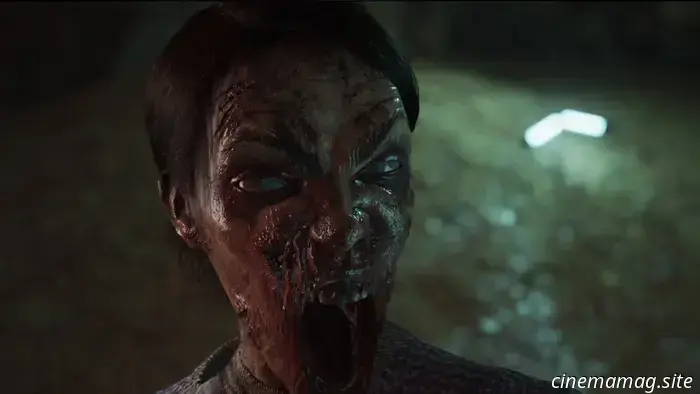 The gameplay trailer for the zombie survival horror game Outbreak Zero has been released.
Indie developer Next Generation Gaming has unveiled a new trailer (see below) for their forthcoming survival horror title, Outbreak Zero. Set to launch on December 12th, the game will be available on Steam and the Epic Games Store and will feature a terrifying narrative complemented by eerie visuals and intense combat. Outbreak Zero transports players to a city that is […]
The gameplay trailer for the zombie survival horror game Outbreak Zero has been released.
Indie developer Next Generation Gaming has unveiled a new trailer (see below) for their forthcoming survival horror title, Outbreak Zero. Set to launch on December 12th, the game will be available on Steam and the Epic Games Store and will feature a terrifying narrative complemented by eerie visuals and intense combat. Outbreak Zero transports players to a city that is […]
The trailer for Mike Figgis' MEGADOC delves into the turbulent development of Francis Ford Coppola's Megalopolis.
Few recent films satisfy a curiosity quite like MEGADOC. Regardless of the cinematic merit of Mike Figgis' documentary––considering the poorly designed title cards with noticeable typos, the lackluster music, perhaps insufficient engagement with interviewee George Lucas while omitting Spike Lee entirely, and so on––providing that increasingly rare behind-the-scenes glimpse into one of the more intriguing films is commendable.
